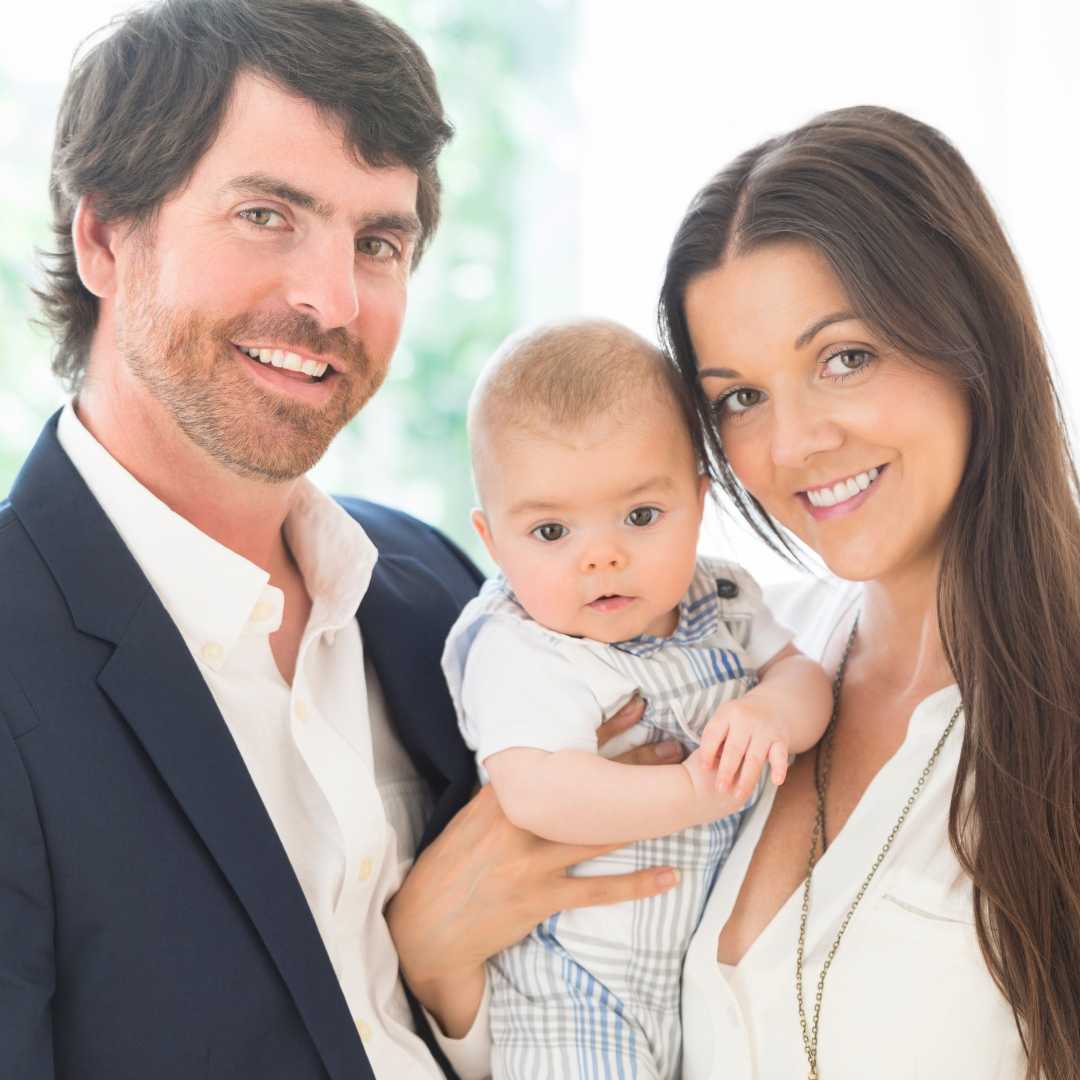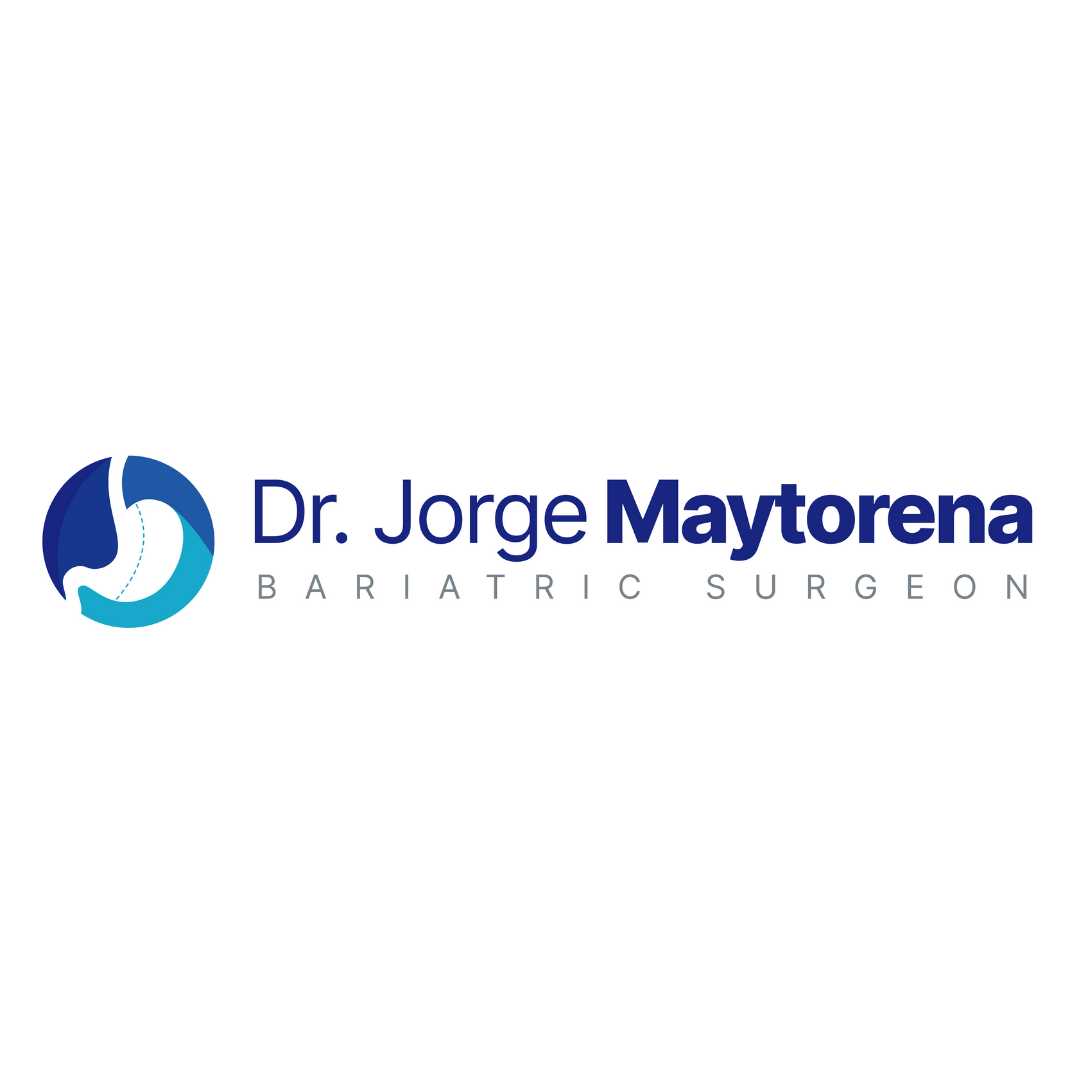Am I a Candidate for Bariatric Surgery in Mexico?

Considering bariatric surgery in Mexico can be a life-changing decision for individuals struggling with significant weight issues and related health conditions. This type of weight loss surgery, which alters your digestive system to limit food intake and/or nutrient absorption, has helped countless people achieve substantial, long-term weight loss.
Mexico has become a popular destination for bariatric surgery due to its accessible, high-quality medical facilities and more affordable costs compared to many other countries. However, not everyone is an ideal candidate. Understanding the specific criteria is crucial to determining if this path is right for you. This guide will answer common questions about candidacy, helping you assess your eligibility for bariatric surgery in Mexico.
What are the primary BMI requirements for bariatric surgery in Mexico?
"Generally, a good candidate for bariatric surgery in Mexico has a Body Mass Index (BMI) of 40 or higher, or a BMI of 35 or higher with at least one obesity-related health condition (comorbidity)."
The Body Mass Index (BMI) is a key initial factor in determining eligibility for bariatric surgery. It's a measure that uses your height and weight to estimate your body fat. While specific thresholds can vary slightly between clinics and types of procedures, the widely accepted guideline is a BMI of 40 or greater. This typically indicates severe or morbid obesity. For individuals with a BMI between 35 and 39.9, bariatric surgery becomes an option if they also suffer from significant obesity-related health problems, often referred to as "comorbidities."
It's important to remember that BMI is just one piece of the puzzle. Some clinics in Mexico might consider patients with a slightly lower BMI (e.g., 30 or higher) if their weight is severely impacting their health and quality of life, especially if they have tried and failed other weight loss methods. Always consult with a bariatric specialist to get an accurate assessment based on your individual health profile.
What obesity-related health conditions make someone a good candidate?
"Obesity-related health conditions that make someone a good bariatric surgery candidate include Type 2 diabetes, high blood pressure (hypertension), sleep apnea, high cholesterol, heart disease, osteoarthritis, and certain types of cancer."
These conditions, often exacerbated or caused by excess weight, can significantly improve or even resolve after successful bariatric surgery. For instance, many patients with Type 2 diabetes experience remission or a significant reduction in medication requirements. Similarly, individuals suffering from severe sleep apnea often find their symptoms disappear or vastly diminish. The presence of such comorbidities indicates that the patient's weight is posing a serious threat to their overall health and longevity, making surgical intervention a medically justifiable and often life-saving option.
Surgeons carefully evaluate the severity and number of these conditions to determine the potential benefits and risks of surgery for each patient. The goal is not just weight loss, but a significant improvement in overall health and quality of life.
Is there an age limit for bariatric surgery in Mexico?
"Most bariatric surgery clinics in Mexico consider candidates between the ages of 18 and 65 years old, though exceptions may be made for younger or older patients on a case-by-case basis after thorough medical evaluation."
While the general age range is between 18 and 65, medical advancements and a deeper understanding of bariatric surgery's benefits have led to more flexible age guidelines. For adolescents, surgery might be considered in severe cases of obesity with significant comorbidities, particularly when non-surgical weight loss methods have failed and the patient is nearing skeletal maturity. For older adults, candidacy depends heavily on their overall health, the presence of other medical conditions, and their ability to withstand surgery and recovery. A comprehensive medical assessment, including cardiac and pulmonary evaluations, is crucial to ensure safety regardless of age.
The decision to operate on patients outside the typical age range is made with extreme caution, prioritizing patient safety and the likelihood of successful long-term outcomes.
What is the role of previous weight loss attempts in candidacy?
"A good candidate for bariatric surgery in Mexico typically has a history of unsuccessful attempts to achieve significant and sustainable weight loss through conventional methods such as diet, exercise, and medical weight management programs."
Bariatric surgery is generally not the first line of treatment for obesity. It's considered a serious intervention for individuals who have genuinely struggled to lose weight through non-surgical means. This criterion demonstrates that the patient has explored and committed to other avenues for weight loss, highlighting the need for a more impactful solution. Documented efforts, such as participation in supervised diet and exercise programs, can strengthen a patient's case for surgery, as it shows a commitment to lifestyle changes crucial for post-surgical success.
The aim is to ensure that patients understand that surgery is a tool, not a magical cure, and that it requires a sustained commitment to a healthier lifestyle for lasting results.
Do I need a psychological evaluation to be a candidate for bariatric surgery in Mexico?
"Yes, a psychological evaluation is a crucial step in determining candidacy for bariatric surgery in Mexico, ensuring the patient is mentally prepared for the significant lifestyle changes required post-surgery."
This evaluation assesses a patient's mental readiness, understanding of the procedure, and ability to adhere to strict post-operative dietary and lifestyle guidelines. It also screens for any undiagnosed mental health conditions, such as severe depression, anxiety, or substance abuse issues, that could negatively impact recovery or the long-term success of the surgery. While some conditions might require treatment before surgery, others might not disqualify a patient but will be managed with appropriate support.
The psychological evaluation helps ensure that the patient has realistic expectations about the surgery, understands the commitment involved, and has a support system in place to navigate the post-operative journey.
Are there any medical conditions that would disqualify someone from bariatric surgery in Mexico?
"Yes, certain serious medical conditions, such as uncontrolled heart disease, severe lung conditions, active cancer, active substance abuse, or certain untreated mental health disorders, may disqualify a candidate for bariatric surgery in Mexico due to increased surgical risks."
Patient safety is paramount. Surgeons will conduct thorough medical screenings to identify any conditions that could make the surgery too risky or compromise recovery. This includes detailed cardiovascular and pulmonary assessments, blood work, and a review of medical history. While some conditions can be managed or treated prior to surgery to improve candidacy, others may pose an insurmountable risk.
For example, severe liver disease or bleeding disorders might also lead to disqualification. The medical team will always prioritize the patient's well-being and only proceed with surgery if the benefits outweigh the potential risks.
What kind of commitment to lifestyle changes is required?
"A good candidate for bariatric surgery in Mexico must demonstrate a strong, long-term commitment to significant lifestyle changes, including adhering to a strict post-operative diet, regular exercise, and lifelong vitamin supplementation."
Bariatric surgery is a powerful tool, but its success relies heavily on the patient's dedication to new habits. This commitment begins even before surgery with a pre-operative diet and continues indefinitely. Patients must be prepared to make fundamental changes to their eating habits, focusing on nutrient-dense foods, smaller portions, and avoiding high-sugar or high-fat items. Regular physical activity is also vital for weight loss maintenance and overall health. Furthermore, most bariatric procedures alter nutrient absorption, necessitating lifelong supplementation of vitamins and minerals to prevent deficiencies.
Patients who understand and are willing to embrace these profound and permanent changes are more likely to achieve successful and lasting weight loss outcomes.
Is there a minimum weight loss required before surgery in Mexico?
"While not universally mandatory, some bariatric programs in Mexico recommend or require a small amount of weight loss (e.g., 5-10% of excess weight) prior to surgery to reduce liver size and surgical risks."
Pre-operative weight loss, often achieved through a supervised liquid diet, can significantly improve the safety and success of the surgery. Reducing the size of the liver makes the surgical field more accessible, decreasing operating time and potential complications. It also serves as a test of the patient's discipline and commitment to following dietary instructions, which is crucial for post-operative success.
This initial weight loss helps prepare the body for the significant changes ahead and sets the stage for a smoother recovery and long-term weight management.
What is the importance of understanding the risks and benefits?
"An ideal candidate for bariatric surgery in Mexico has a clear and realistic understanding of both the potential benefits and inherent risks associated with the procedure."
This includes being fully informed about common surgical risks such as infection, bleeding, leaks, and anesthesia complications, as well as the long-term potential for nutritional deficiencies, dumping syndrome, and the need for follow-up care. Simultaneously, understanding the profound benefits, such as significant weight loss, improvement or resolution of comorbidities, and enhanced quality of life, helps patients make an informed decision.
This balanced understanding ensures that patients enter the surgery with realistic expectations and are prepared for the journey ahead, both the challenges and the rewards.
How important is a strong support system for candidates?
"A strong support system, including family, friends, or support groups, is highly beneficial for bariatric surgery candidates in Mexico, providing emotional encouragement and practical assistance during the pre- and post-operative phases."
The journey through bariatric surgery is a significant life event that involves physical and emotional adjustments. Having a supportive network can make a substantial difference in a patient's ability to adhere to new lifestyle requirements, manage challenges, and maintain motivation. This support can come in various forms, from help with meal preparation and exercise to emotional encouragement during difficult times. Many clinics also offer access to online or in-person support groups, connecting patients with others who understand their experience.
This communal support fosters accountability and provides a safe space for sharing experiences, challenges, and successes, contributing significantly to long-term weight loss maintenance.
Are there specific types of bariatric surgery in Mexico, and how does that affect candidacy?
"Mexico offers various bariatric procedures, including Gastric Sleeve, Gastric Bypass, Mini Gastric Bypass, and Duodenal Switch, with candidacy often tailored to the patient's BMI, comorbidities, and individual weight loss goals."
- Gastric Sleeve (Vertical Sleeve Gastrectomy - VSG): This is the most popular procedure, typically for those with a BMI of 30 or higher. It involves removing about 80% of the stomach, creating a smaller, sleeve-shaped stomach. It's often chosen for its relatively lower complexity and good weight loss results.
- Gastric Bypass (Roux-en-Y Gastric Bypass - RNY): This procedure involves creating a small stomach pouch and rerouting a section of the small intestine. It's highly effective for significant weight loss and resolving comorbidities, especially Type 2 diabetes. Candidates typically have a BMI of 35 or higher with comorbidities or 40+ without.
- Mini Gastric Bypass: A simpler version of the traditional bypass, it also creates a smaller stomach and reroutes the intestine, often with fewer intestinal connections. Candidacy is similar to the full bypass.
- Duodenal Switch: This is the most complex and powerful procedure, reserved for individuals with very high BMIs (often 45-50+) or severe comorbidities. It involves a sleeve gastrectomy combined with a significant intestinal rerouting that greatly reduces nutrient absorption. It offers the highest long-term weight loss but also the highest risk of nutritional deficiencies.
The choice of procedure depends on a thorough evaluation by the surgical team, considering the patient's health, weight loss goals, and willingness to adhere to specific post-operative dietary and supplementation requirements.
What about revision surgery candidacy in Mexico?
"Candidates for bariatric revision surgery in Mexico are typically individuals who have experienced insufficient weight loss, weight regain, or complications from a previous bariatric procedure."
Revision surgery is for patients who have undergone a bariatric procedure in the past but have not achieved their desired outcomes or are experiencing adverse effects. This could be due to issues like pouch dilation after gastric bypass, sleeve stretching after a gastric sleeve, or complications from adjustable gastric bands. Candidacy for revision surgery involves a detailed assessment of the original surgery, current health status, reasons for revision, and a comprehensive discussion of the risks and potential benefits of the new procedure.
Many clinics in Mexico specialize in revisional surgeries, offering solutions to help patients get back on track with their weight loss journey or resolve complications from their initial surgery.
Are there specific pre-operative tests required for bariatric surgery in Mexico?
"Yes, typically, candidates for bariatric surgery in Mexico will undergo a series of pre-operative tests, including blood work, an EKG, chest X-rays, and potentially other specialized tests like an endoscopy, to ensure they are medically fit for surgery."
These tests are crucial for a comprehensive assessment of the patient's overall health and to identify any underlying conditions that could increase surgical risks. Blood tests provide information on organ function, nutritional status, and potential infections. An EKG and chest X-ray evaluate heart and lung health, which are vital for safe anesthesia and recovery. Depending on the patient's medical history and the specific procedure planned, further tests such as a sleep study for sleep apnea, a gallbladder ultrasound, or a psychological evaluation may be required.
These evaluations are designed to maximize patient safety and ensure the best possible surgical outcome.
How important is commitment to post-operative follow-up care?
"A good candidate for bariatric surgery in Mexico understands and commits to lifelong post-operative follow-up care, including regular appointments with the surgical team, nutritionists, and potentially mental health professionals."
The success of bariatric surgery extends far beyond the operating room. Regular follow-up appointments are essential for monitoring weight loss progress, addressing any complications, managing nutritional deficiencies, and providing ongoing support for lifestyle changes. This long-term commitment to care ensures sustained weight loss and overall well-being. Clinics in Mexico often provide structured follow-up programs, and patients are encouraged to maintain communication with their medical team, even after returning home.
This continuous care is a critical component of achieving and maintaining the health benefits of bariatric surgery.
Ready to explore your options for a healthier future? Visit PlacidWay to learn more about bariatric surgery solutions and connect with trusted international healthcare providers.


.png)














Share this listing